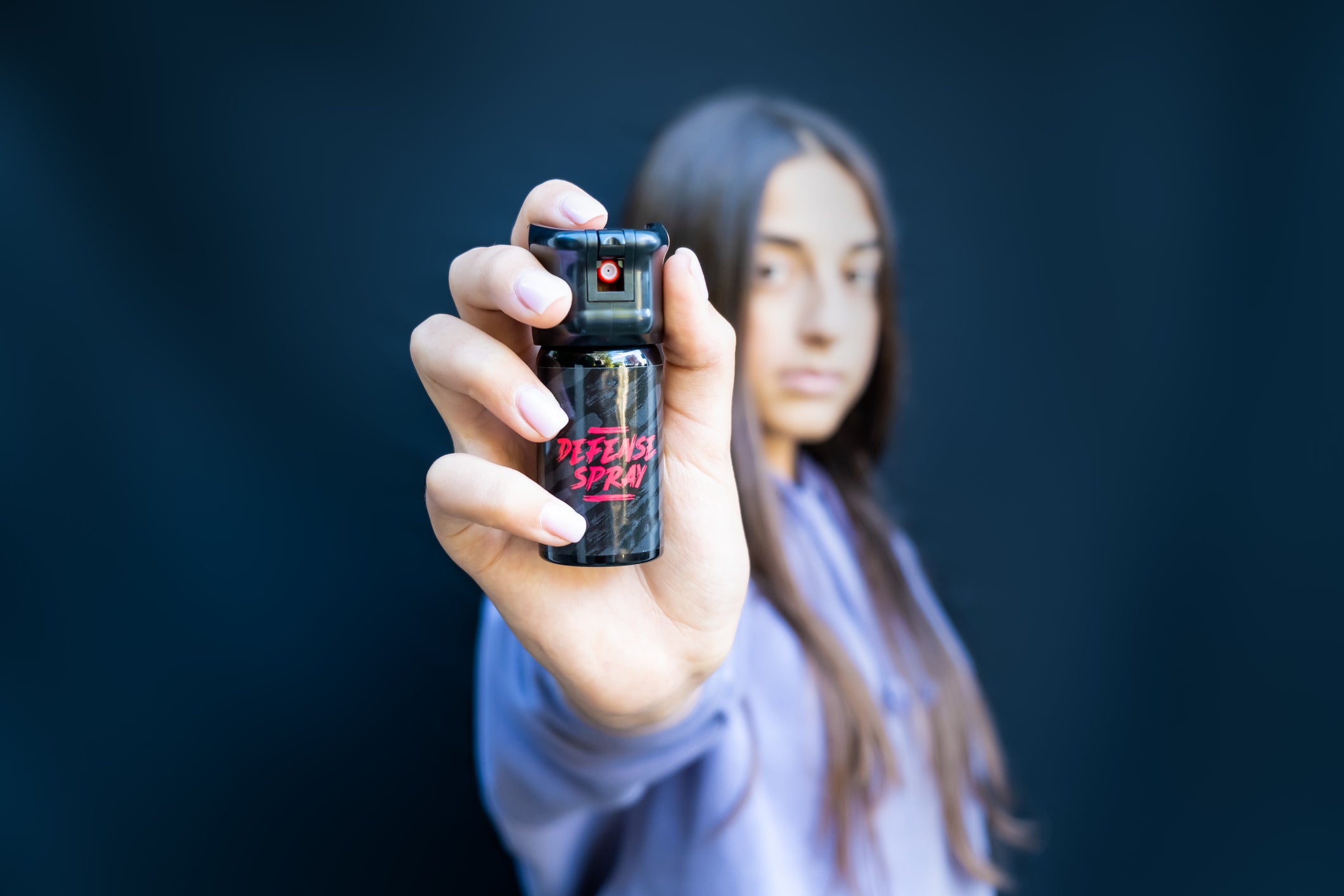Pepper spray is an effective self-defense tool that has gained popularity among civilians as a means of personal protection. Its active ingredient, oleoresin capsicum (OC), is derived from chili peppers, and when sprayed in the face, it causes temporary incapacitation through a combination of severe irritation and involuntary eye closure.
With the increasing demand for personal safety measures, it is essential to understand the legal aspects of carrying and using pepper spray. Learn about the legality of possessing and using pepper spray in various jurisdictions as well as the restrictions that might apply.
United States: Federal and State Laws
In the United States, the possession and use of pepper spray for self-defense are generally legal under federal law. However, each state may impose its regulations and restrictions, making it crucial to understand the specific laws in your area. Some common restrictions include age limits (usually 18 years or older), limits on the size of the canister, and prohibitions on certain types of nozzles or delivery systems.
California – In California, it is legal for individuals over 18 years of age to possess and use pepper spray for self-defense purposes. The maximum allowable size of the canister is 2.5 ounces, and it must be labeled as a self-defense product.
New York – New York permits the possession and use of pepper spray by individuals who are 18 years or older and have no felony convictions or assault-related misdemeanor convictions. However, the sale of pepper spray is regulated and can only be purchased from licensed firearms dealers or pharmacies.
Massachusetts – In Massachusetts, there used to be a law that required individuals to obtain a Firearms Identification Card (FID) to possess pepper spray legally. This requirement applied to all residents, regardless of age, and the FID card must be renewed every six years. However, this no longer exists and firearms dealers can now sell self-defense products to people over 18 years old.
Air Travel and Transportation Restrictions
When traveling within the United States, there are restrictions on carrying pepper spray, especially on airplanes. The Transportation Security Administration (TSA) permits passengers to carry pepper spray in checked baggage, but not in carry-on bags. The canister size should not exceed 4 ounces, and it must have a safety mechanism to prevent accidental discharge. Moreover, state laws and regulations at your destination should be taken into account before packing pepper spray in your checked luggage.
Potential Legal Issues with Pepper Spray Use
While using pepper spray for self defense is generally legal, it is essential to consider the potential legal ramifications of its use. In cases where the use of pepper spray is deemed excessive or unreasonable, criminal charges or civil lawsuits may arise. In a self-defense situation, it is crucial to establish that you had a reasonable fear of imminent harm and that the use of pepper spray was necessary to prevent that harm.
Training and Safe Use
Though not legally required in most states, proper training in the use of pepper spray is highly recommended. Incorrect use may lead to accidental exposure or reduced effectiveness in a self-defense situation. Several organizations and self-defense instructors offer training courses that teach safe handling, proper use, and the legal implications of using pepper spray.
Alternatives to Pepper Spray
For individuals who may be restricted from carrying pepper spray or are uncomfortable with its use, other self-defense tools are available. Personal alarms, stun guns, and tactical pens are some alternatives that can be legally carried and used for self-defense in many jurisdictions. However, it is essential to understand the specific laws and regulations governing these alternatives in your area.
The legality of carrying and using pepper spray in the United States is largely dependent on state laws and regulations. While it is generally legal for self-defense, specific restrictions may apply. Individuals should be aware of the legal implications of using pepper spray, and proper training is highly recommended.
Is it Illegal to Carry Around Pepper Spray?

